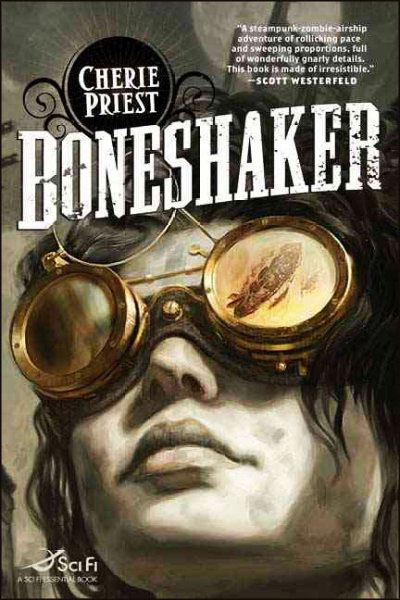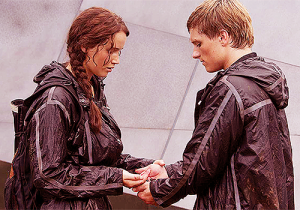You have the right to work, but never to the fruit of work. You should never engage in action for the sake of reward, nor should you long for inaction. Perform work in this world, Arjuna, as a man established in himself – without selfish attachments, and alike in success and defeat.
–The Bhagavad-Gita
That bit of Hindu goodness is the ideal. Ideally, I would write and not really pay attention to outside voices, because, in the end, the praise is candy and the criticism is poison and only the act of writing, editing, and publishing nourishes me.
Yes, at all parts of the process I need to be open-minded. I need to listen. Criticism I can’t ignore, I have to follow. Anything else I can ignore, I should. Truth floats and all else should be forgotten. The end.
And when a book is launched? It’s best I focus on the next project and the bread of the writing, not the candy, not the poison; the bread of writing, the broccoli of editing (unpleasant, but good for me), and the meat of publishing. The end.
But after weeks, months, years of nothing but stale compliments and half-hearted ‘atta-boys,’ I need more. I do. I’m weak.
I needed a win.
It’s been a long fall and winter. I’d had some issues in my inner circle of writing friends. I’d been summarily rejected by all my favorite publishers and agents when I shopped the book of my dreams, which I figured would happen, but I had high hopes anyway. I had some failures getting blurbs for another book, and then I got a bad rejection from a publisher who said my scenes lacked focus and my characters were overblown. Ouch.
My first book sold solidly for a while, but then sales dropped off.
And now I’m walking that long road to promote my second.
I needed a win.
I sent my book to Kirkus Reviews, hoping that it would review well. It was a gamble. The day I sent it off, a writer friend said Kirkus bashed them up good. I was frightened.
I needed a win.
Kirkus said that their deadline was Friday, February 7, but when I saw the email on the Wednesday before that, February 5, well, I opened it immediately. I’d been waiting for two months.
Remember, I’d spent years opening emails saying all sorts of nice things, only to add their own, “BUT”.
I liked it, but…
You’re great, but…
You’re a rockstar, but…
So in this review, I looked for the good stuff, hoping there would be good stuff. I saw the word “powerful”, I saw “witty”, I saw “compelling”.
I saw those words. Then I read the whole thing.
And sat in my chair, rocking back and forth, face in my hands, repeating over and over and over…
“I needed a win. I needed a win. I needed a win.”
Maybe I shouldn’t have, but I needed a win. And I got one.
I really thought that after the review, the magic would be gone in a few minutes, and I’d get back to work, shrugging off the nice things the reviewer said about me. You know, all other praise I’d never really taken seriously. I could see all the reasons why it was invalid. It didn’t matter. I wasn’t as rich and famous as J.K. Rowling, so it didn’t matter.
I found something with this review, though. I’d go back to it, savoring it, sipping at it like water from an oasis. I might not get another win for a long, long time, but I got this win.
And I think maybe that’s one of the nice things about being a writer. Some of us get wins when we need them, others get wins out of the blue, huge wins, and others go a lifetime with very little other than the joy of creating, the joy, the struggle, the sorrow, the sense of victory.
I remember a story about Richard Bach. He didn’t know he was a bestseller until someone finally pulled him off some airstrip and told him he was a big deal. And I think of Poe Ballantine who won a huge national award for a story he wrote years before, and it led to a book contract with a huge press. Stephen King had Brian de Palma make Carrie into a movie with Sissie Spacek. Both Jeanne C. Stein and Mario Acevedo were in Barnes and Nobles top 20 Urban Fantasy writers in the first ten years of the 21st century. Wins, all of them, big wins.
I don’t know if I’ll get another win, and on some days, I don’t care. My day-to-day remains the same: How can I write as much as possible and make it as good as possible? That’s the end of the story. That’s what I need to do. Praise or vitriol, that’s my job.
But this win?
I needed it. I needed a win and I got it. Thank God.
Of course, here’s the link:
https://www.kirkusreviews.com/book-reviews/aaron-michael-ritchey/long-live-the-suicide-king/
Share the news! It even got selected to be in the March 1, 2014 edition of Kirkus Reviews with a big ol’ blurb at the top. Which happens with less than 10% of submissions. A win. A solid win. I needed it. Again, thank God.






